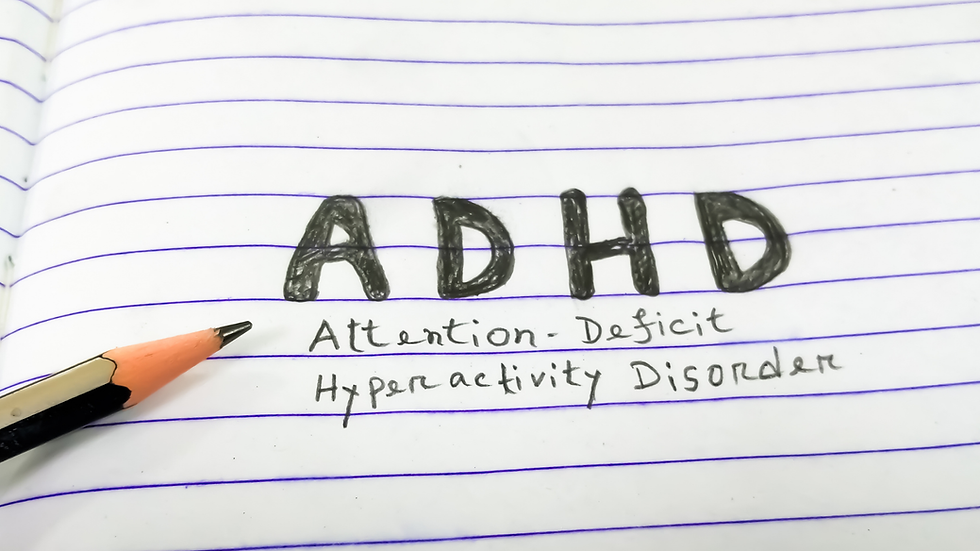Mental Distress or Illness?
- Jolene Psychology and Hypnosis Centre

- Feb 9, 2021
- 2 min read
Mental Illness and Mental Distress: What’s The Difference?
The stigma associated with mental distress is starting to change. While more people living with mental illness are starting to feel able to talk about their experiences, however there is still a long way to go. Stereotypes and negativity surrounding poor mental health continue to mean that many still feel that they have nobody to talk to.

Mental Distress or Illness?
The terms psychological/ emotional/ mental distress are suffer from an unnecessary and extensive stigma. It is crucial to understand the differences between the terms ‘mental illness’ and ‘ mental distress’. Psychological distress is something everyone experience at some point in their life. Mental health practitioners use the term psychological distress to describe a range of symptoms and experiences of an individual’s internal life that are commonly held to be troubling, confusing or out of the ordinary. It often result in widespread reactions of anxiety, depressed mood and heightened vigilance. Some individuals recover from psychological distress without developing a mental illness. Support within the community is very important in assisting people in handling their reaction to their distress. If the person is still experiencing severe reactions after a month with no appreciable improvement, shall be carefully evaluated.
Prior research showed that mental illness is a REAL medical illness. It is a disease that causes mild to severe disturbances in an individual’s thoughts, emotions and/or behaviour which may results in an inability to cope with life’s ordinary demands and routines. There are more than 200 classified forms of mental illness. The more common mental illnesses include depression, anxiety, bipolar disorder, post traumatic stress disorder (PTSD) and etc.
Mental illness is common. Based on the National Health and Morbidity Survey 2015 study by the Ministry of Health Malaysia, the prevalence of mental health issues among adults above 16 years old is 29.2%, or 4.2 mil Malaysia (N.B. the figure refers to individual with mental health problems, not mental illnesses).
People who experience mental health problem can recover fully. However, their problems are made worse by stigma and discrimination that they experience, not only from the society, but also from the people around them. Others’ judgement almost always stem from a lack of understanding rather than information based on facts. Learn to accept your condition and recognize what you need to do is important in order to make significant improvement.



Comments